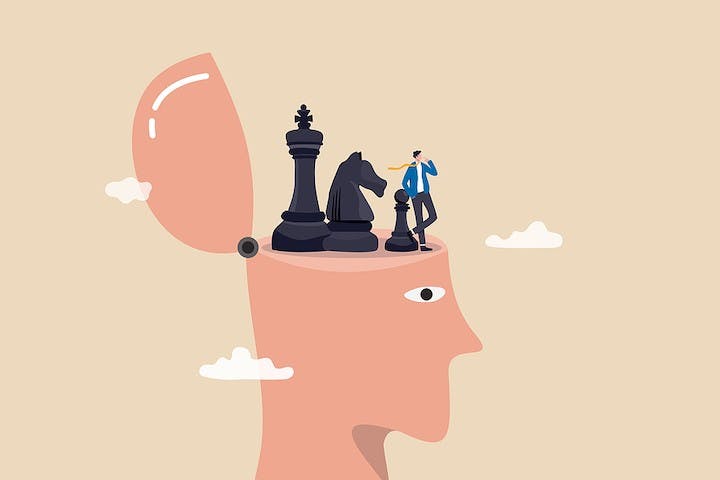The age of the internet could also be fairly accurately described as the age of information.
From Google to Wikipedia, we have an incredibly vast amount of data available at our fingertips. There’s no denying it: access to the web has changed the world in huge ways – but the incoming tide of AI may just change it beyond recognition.
Since the start of 2023, we’ve seen increasing awareness (and wariness), of artificial intelligence.
And no AI tool has demanded attention quite like ChatGPT. This machine learning tool produced by the tech company Open AI, can be used to do everything from answering queries to writing code.
To date, four versions of ChatGPT have been released for public use – and doubtless there will be more to come.
Many workplaces have already begun to make the most of this tool in daily working life, and inevitably there will be an increasing number of similar technologies altering the modern workplace in the very near future.
But what does this really mean for humans in the workplace?
What is critical thinking?
Sure, AI will automate many rote and repetitive tasks. It will also help with data collation and analysis.
However it’s for this very reason that it’s so important HRDs refocus our attention on the uniquely human skills that both compliment AI usage, and separate us from it.
The most important of all these is arguably critical thinking.
But to understand why, we have to understand what critical thinking actually is.
Independent thinking
Critical thinking can be defined in a few different ways, but it’s essentially the ability to think clearly and independently about a subject or problem.
It often requires the consideration of multiple perspectives, the checking of biases, and a detailed understanding of relevant context.
Critical thinking is already a valued skill in society – especially when it comes to overcoming binary thinking and identifying the disinformation which is so often prevalent online today.
But with AI, it’s about to become even more crucial.
Expert critical thinkers are capable of cognitive dissonance.
This means, they can hold two conflicting ideas in their mind at one time – and they’ll likely understand the validity of each idea, too.
Critical thinking also involves emotional intelligence and empathy. That is both in understanding a subject fully, and how emotions might shape that understanding itself. Critical thinkers are able to make creative connections and spot patterns when considering a problem or concept.
Examples of critical thinking includes people being able to assess their own strengths and weaknesses, and recognizing the nuances which might characterize these different areas.
Critical thinking is also used when people make a judgement on whether or not to trust a piece of information – something which has become especially essential in the age of social media.
Why AI makes critical thinking essential
There’s no doubt that critical thinking has always been an invaluable skill – even if it’s not always been given the credit it deserves.
So why does the rise of AI make it even more important?
Well, the answer is two-fold.
Firstly, anyone who has worked with AI like ChatGPT will know its potential. It can write a convincing academic essay on almost any subject one can care to think of. It can theorize about deep philosophical concepts, and even explain complex quantum physics in simple terminology.
But while this may give the impression of independent thought, it is not actually capable of original ideas in the truest sense. Instead, it sifts and reorganizes existing human ideas in order to meet a specific request.
Think of it this way: AI might be able to provide you with incredibly helpful data; it might even be able to suggest actionable steps to improve human performance.
But it can’t understand the wider context and nuance which might feed into the bigger picture.
This is one of the key reasons critical thinking will be necessary for succeeding in an AI-powered future. Used in collaboration with human skills, AI can pave the way to new successes – but without the human element, there is no competitive advantage.
Another reason critical thinking is imperative when using AI relates to the infallibility of tools like ChatGPT themselves.
While we may associate mistakes with humans more than machines, there is ample evidence that AI sometimes replicates troubling human biases – and it is also capable of getting things wrong.
That’s why the humans working with AI must have strong critical thinking skills, in order to be able to question and assure the validity of information provided by AI, and to make sure its usage doesn’t inadvertently feed prejudiced viewpoints.
In summary
We foster critical thinking when we learn to question information, act strategically rather than reactively, and work in collaboration with others.
There is a lot of anxiety surrounding the rise of AI, but instead of focusing on what AI might take from us – we should try thinking about all the benefits it might bring when paired with crucial human skills like critical thinking.
